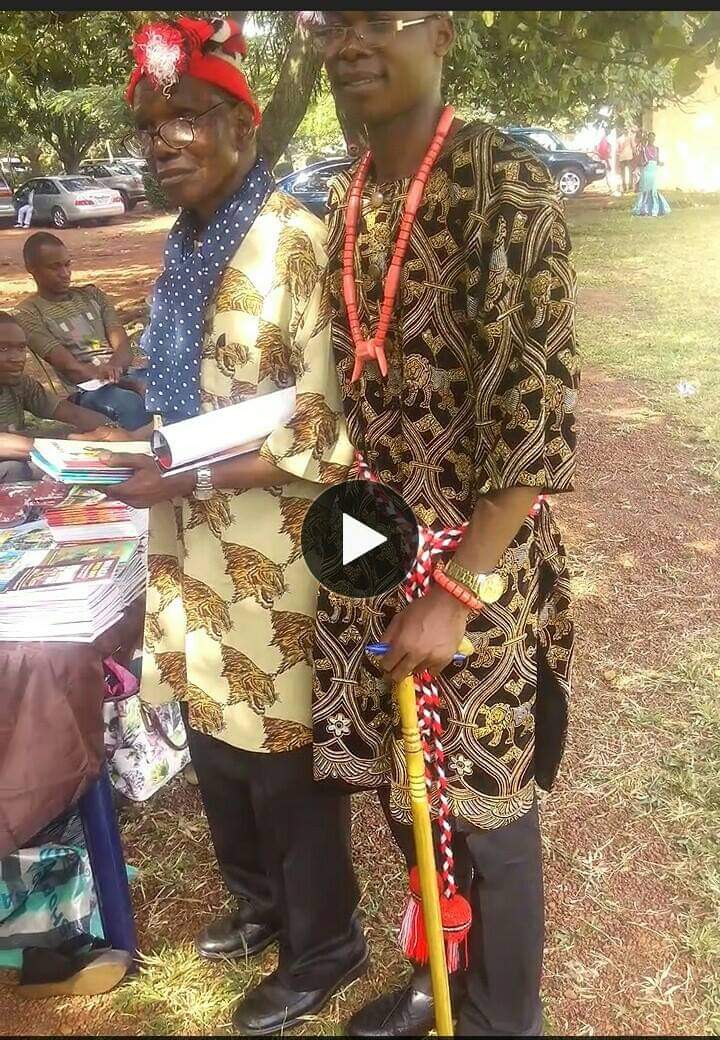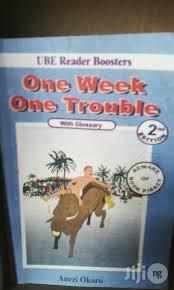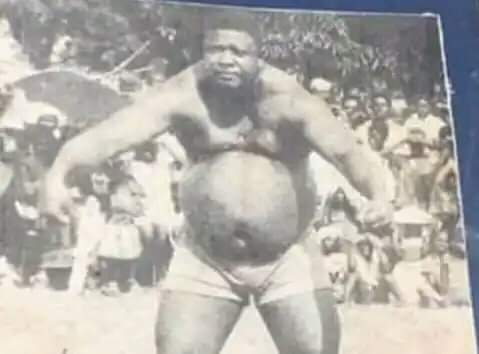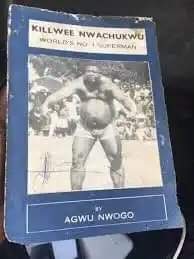
Florence Nwanzuruahu Nkiru Nwapa (13 Jan.1931—16 Oct. 1993), was an Igbo author also known as the mother of modern African literature. She was the forerunner to a generation of African women writers. First African woman novelist to be published in the English language in Britain. 

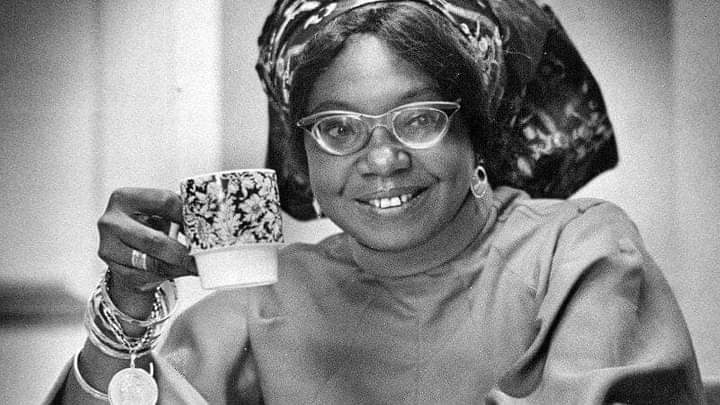
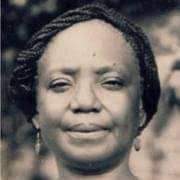
She achieved international recognition, with her first novel Efuru, published in 1966 at the age of 30 by Heinemann Educational Books. She never considered herself a feminist, but she was best known for recreating life and traditions from an Igbo woman's point of view.
She was born in Ugwunta (Oguta) and attended her primary school there. She did her Secondary education at Elelenwa PH and CMS Girls School, Lagos. In 1953 she was admitted into the university and graduated at 26 from the University College Ibadan, in 1957.
She went to Scotland and earned a Diploma in Education from Edinburgh University in 1958.
When she wrote her first manuscript, she sent it to Chinua Achebe. After reading it, Chinua wrote her a letter and added money to post it to Heinemann Publishers, London. He loved the book
When she wrote her first manuscript, she sent it to Chinua Achebe. After reading it, Chinua wrote her a letter and added money to post it to Heinemann Publishers, London. He loved the book
After returning to Nigeria, Nwapa joined the Ministry of Education in Calabar as an Education Officer until 1959. She then took employment as a teacher at Queen's School in Enugwu, where she taught English and Geography from 1959 to 1962.
She continued to work in both education and the civil service in several positions, including as Assistant Registrar, University of Lagos (1962–67). After the war of 1967–70, she accepted cabinet office as Minister of Health and Social Welfare in East Central State (1970–71)
She was also a Minister of Lands, Survey and Urban Development (1971–74). She was a visiting lecturer at Alvan Ikoku College of Education in Owere, Nigeria. In 1989, she was appointed a visiting professor of creative writing at University of Maiduguri.
• • •
Missing some Tweet in this thread? You can try to
force a refresh







